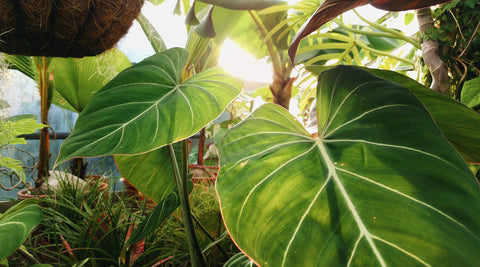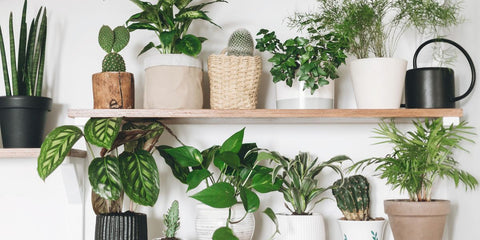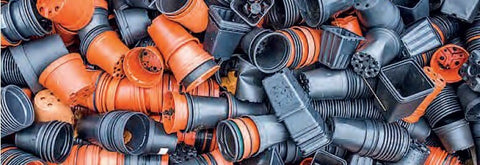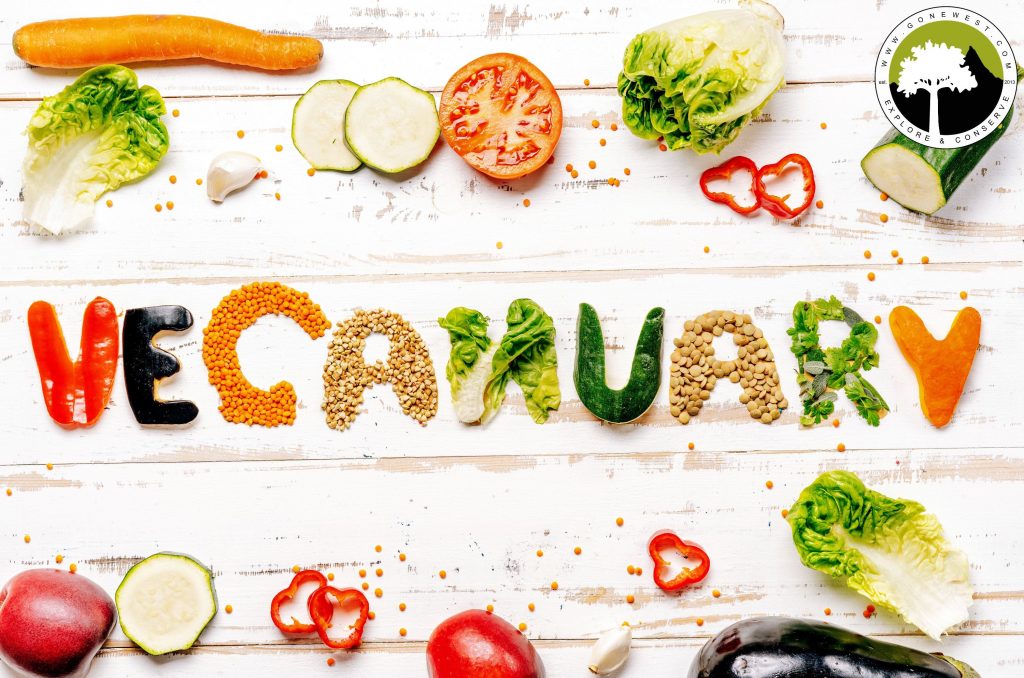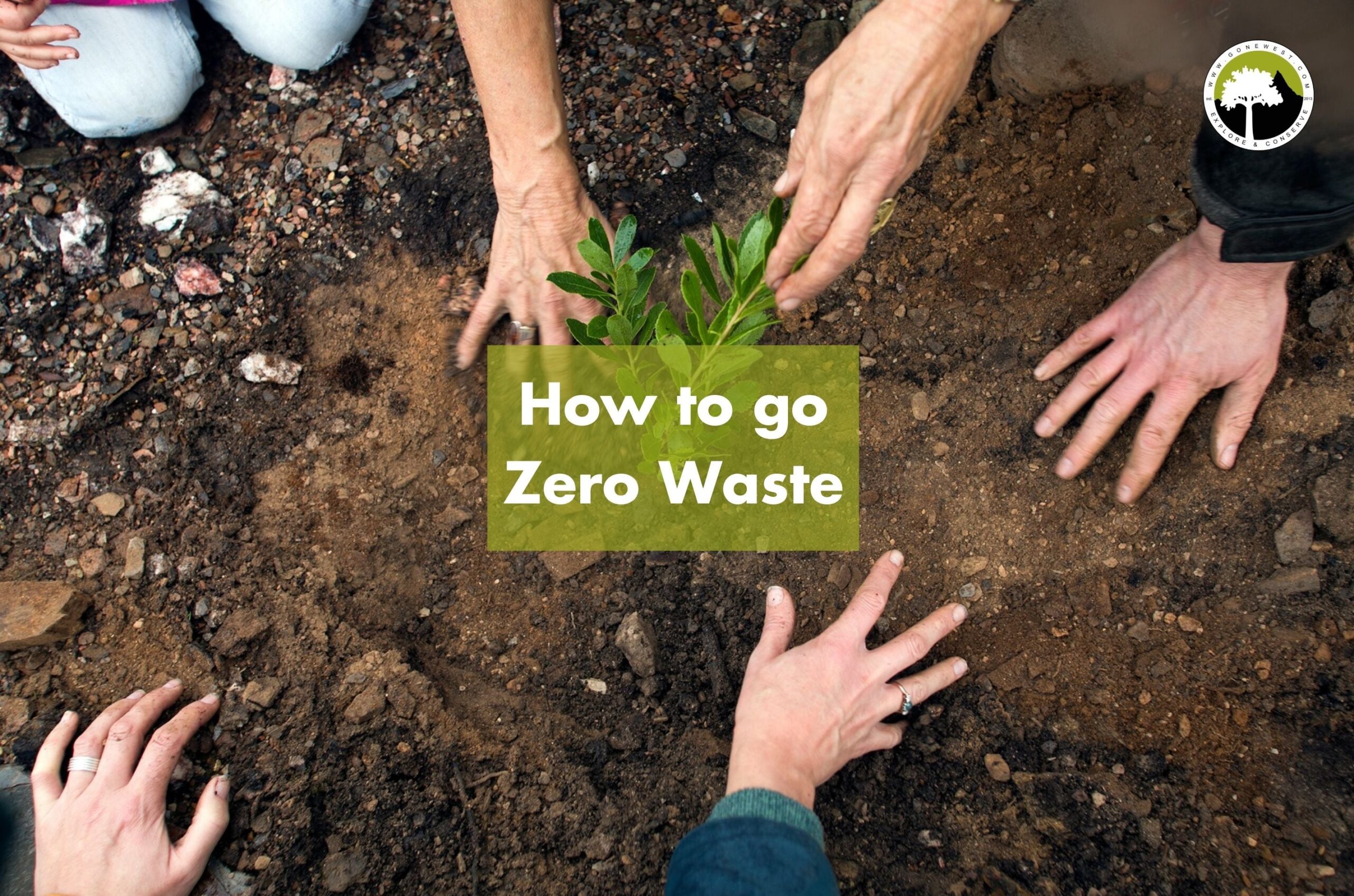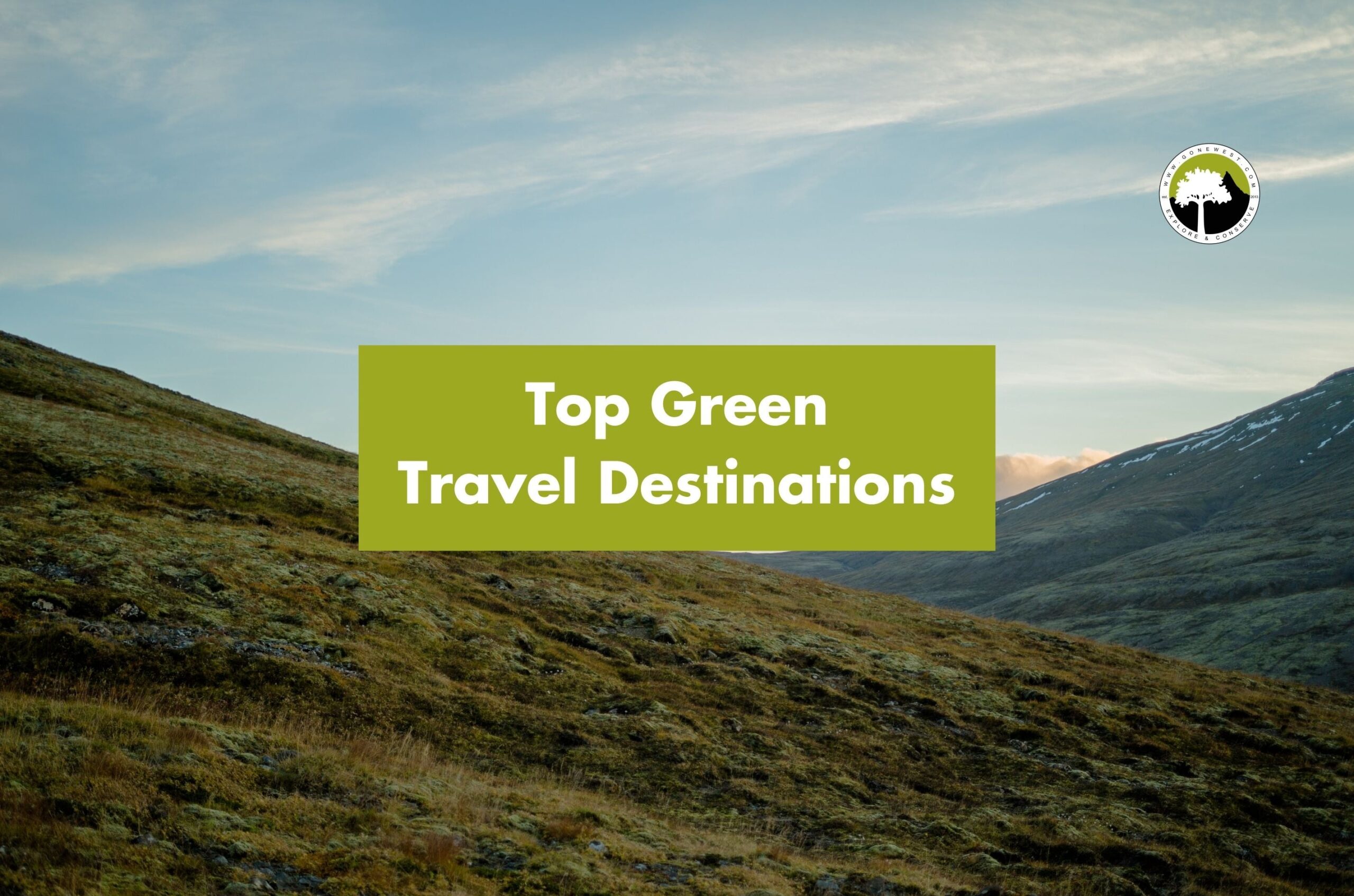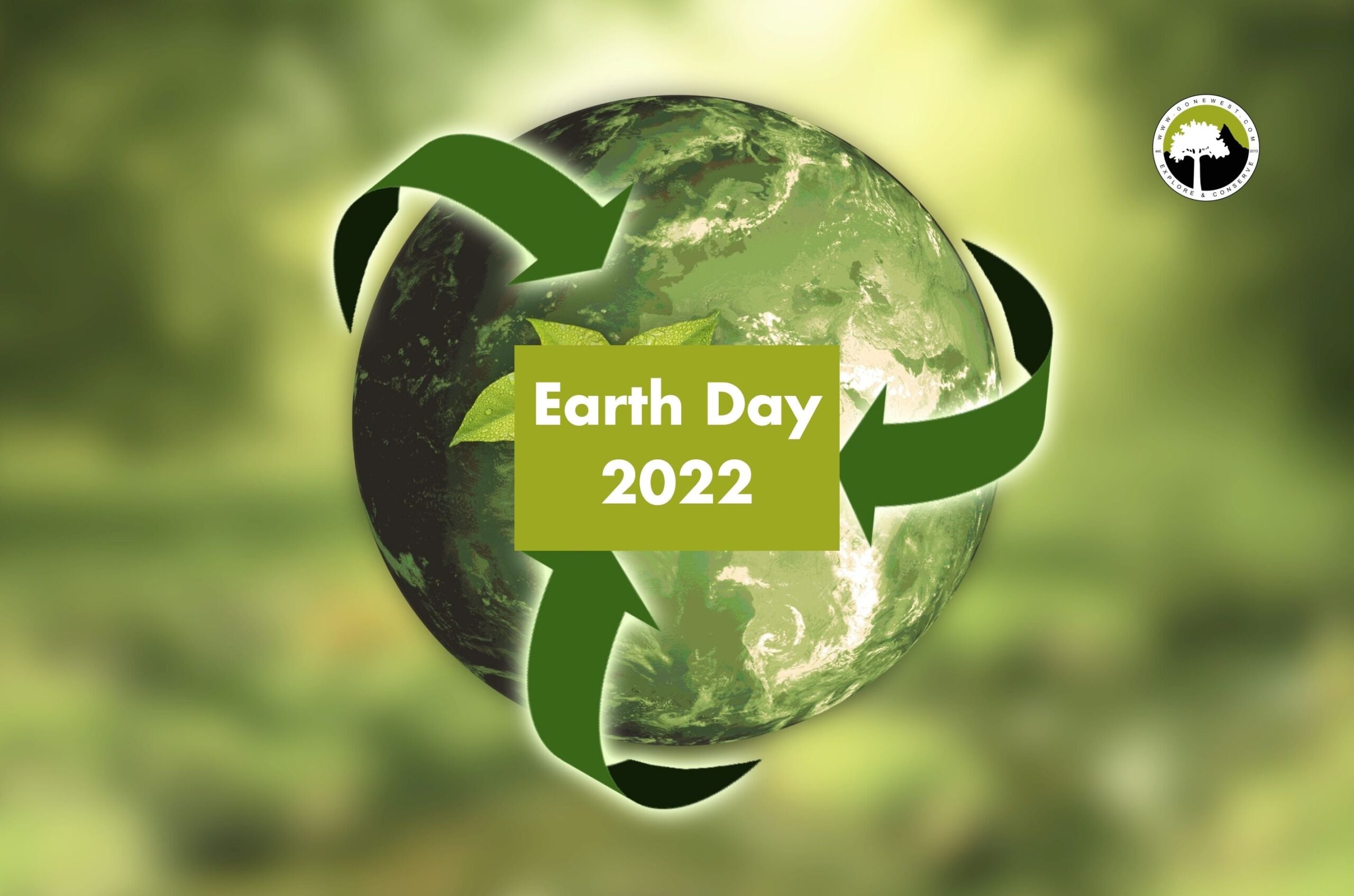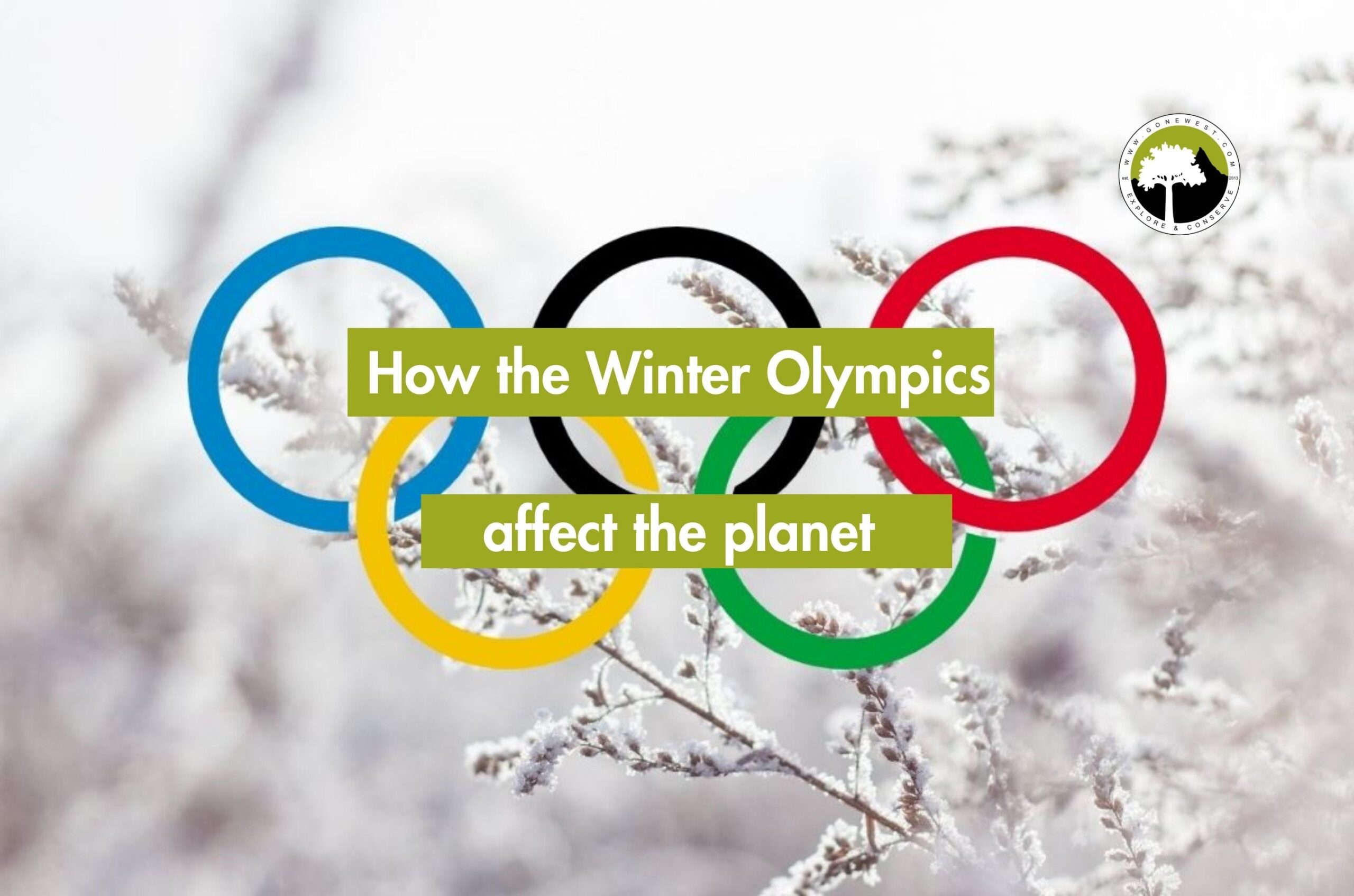When I ask you what you think is good for the planet, I’m sure that one of the things that comes to mind are plants. Right? They are natural living things that photosynthesise, producing oxygen by taking CO2 out of the atmosphere. When they die, they decompose easily because they are completely natural. Harmless, right?
So, house plants shouldn’t be much different. They are good for the mind and they are good for the soul and they purify the air. But what if I told you it’s not all as peachy as it seems?
There are lots of hidden negatives behind buying and owning houseplants, and we’re going to help you debunk the myths that might be clouding your vision.
Credit: Quanta Magazine
What can a plant actually do?
Before we get into all of the negatives, let’s go over all the great things about our plant friends.
If we take a look at the broader picture, the world’s plants are one of the biggest lines of defense we have against climate change. Collectively, they reduce the amount of CO2 in our atmosphere by 29% and produce around 98% of the earth’s oxygen.
If you want to learn more about how the planet’s plants are helping us survive, check out our Amazon Rainforest Day article.
Other than keeping our air breathable, plants are also integral to keeping us fed. Whether they are plants that we ourselves eat, or plants that feed the animals that we eat, we’d be in a sticky situation without them.
Without biodiversity in plants, we are also more at risk of wildfires and loss of species because the diversity makes it harder for fires to spread and keeps a combination of essential nutrients in the soil.
What can houseplants do?
Ok, so we know what wild plants get up to, but what about our beloved pot plant, Peter?
So the obvious benefit of having house plants is that they purify the air. They don’t just get rid of CO2 and release oxygen, they actually take toxins out of the air too. NASA actually likes to include plants on their spaceships for this exact reason!
That’s not the only good thing about them though. They also improve mental health and productivity, and improve your attention span. This is because plants make you feel calmer, more soothed, and relaxed.
They don’t just help with mental health either; they are great for keeping you physically healthy. Though they don’t prevent illness, they are good at helping you recover faster, even from things like surgery!
Credit: Cosmopolitan
The hidden consequences of owning a houseplant
You’re probably confused about the purpose of this article after reading all the good things about house plants, right? But house plants have a dark secret. Well, not the plants, but the people behind them.
How far did the plant travel?
When you buy a house plant, you probably don’t think about where it came from. Maybe you just assumed that the vendors grew them themselves, or maybe you didn’t really actively contemplate the effect of the transportation of plants on the planet. But most plants actually come from overseas. Depending on the type of plant you buy, you could be having it shipped from the opposite side of the world.
What is the pot made out of?
Another thing many plant vendors are guilty of is selling plants in plastic pots. These pots are mass produced and don’t last very long either. Plastic pots aren’t even widely recycled. In fact, only 10% of councils in the UK actually have the capacity to recycle them.
Without the ability to recycle, your plastic pot will end up in landfill.
Credit: Hassocks Life
Peter the plant vs peat
If you’re anything like us, you probably don’t know too much about peat and its effect on the planet. But it’s one of the main things that house plants are grown in.
Peat is found in bogs and is an important part of our ecosystem. The bogs are home to lots of different species of birds, as well as frogs, and insects. The plants that live in the bogs absorb lots of CO2 and, when they die, decompose into the bog. So, when the peat is harvested to use for growing plants, the CO2 goes along with it. The process of harvesting disrupts the CO2 and it then gets released back into the atmosphere, adding to the build up of greenhouse gases in the atmosphere.
As well as that, the more peat we harvest, the less natural habitats for those species to live in. This means a loss in biodiversity which creates a threat to the animals that call it home.
What can you do?
We’re not going to tell you to stop buying houseplants, they have far too many benefits to boycott. But instead try doing some research about the plants you intend to buy.
Make sure the plants are sourced locally or don’t have to travel far. For example the Netherlands is closer to some parts of the UK than places on the other side of the country.
As well as that, avoid plants that use peat and come in plastic pots. Plants aren’t meant to contribute to global warming, in fact they should do the opposite. So don’t purchase plants that will increase your footprint!
How about a tree instead?
If you want to have a positive impact on the environment and are thinking about getting plants for that reason, why not plant a tree instead? Trees are great for offsetting emissions and just generally making the world a better place. Here at Gone West, you can plant a tree with us for just £6.50! That tree can be planted in any of our planting sites in Africa, South America, or Europe.
Plant a tree with us here!
Whatever you choose to do, make sure you’re as educated about it as possible and then you can’t go wrong!
That’s all for now. I hope you have enjoyed reading our blog. Join the sustainable revolution to help save our natural world and our future by following us on Instagram and by subscribing to our monthly newsletter for updates.
Stay in the loop

